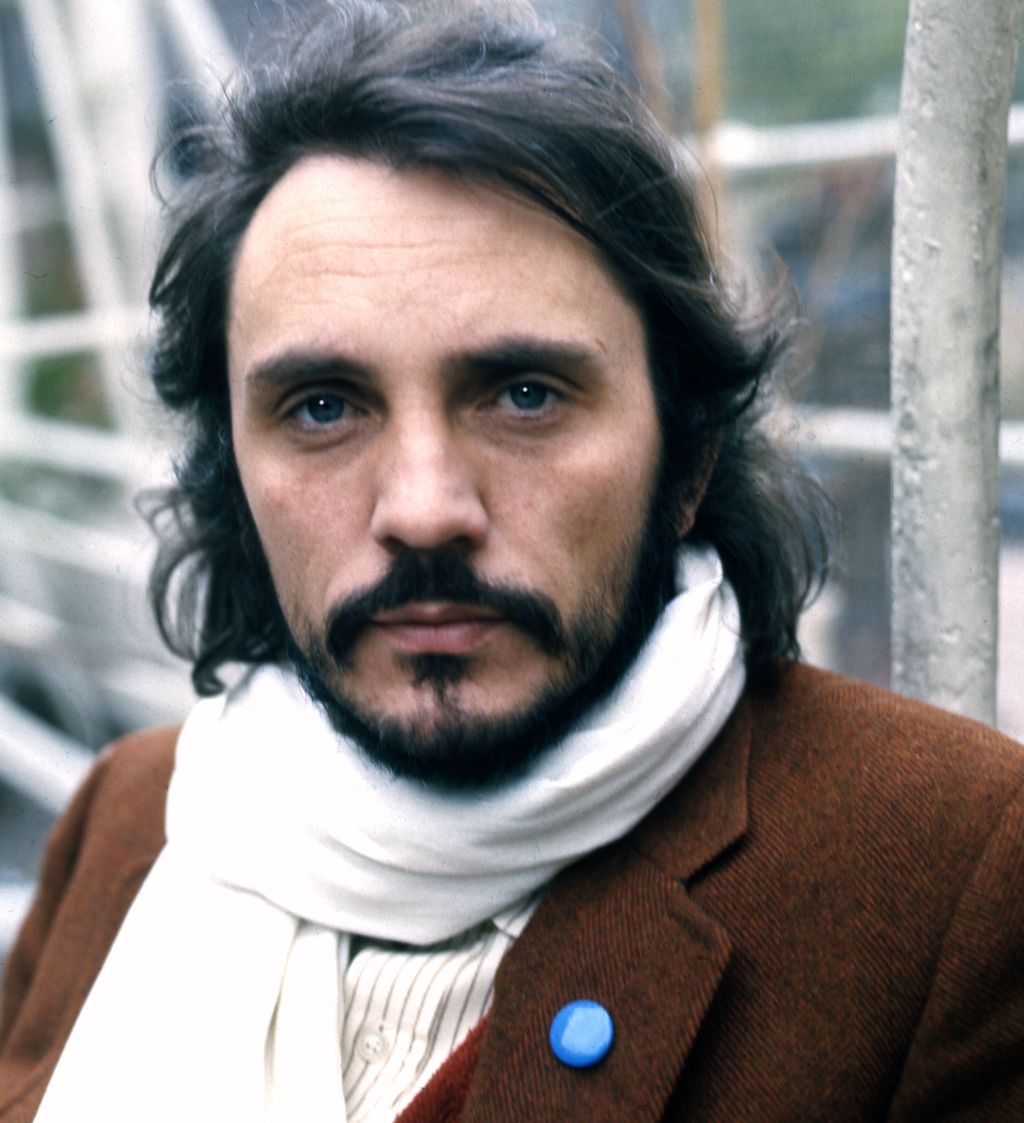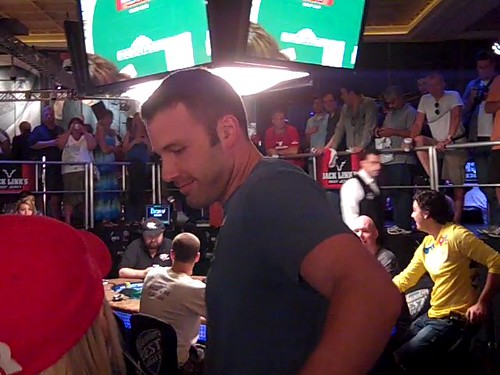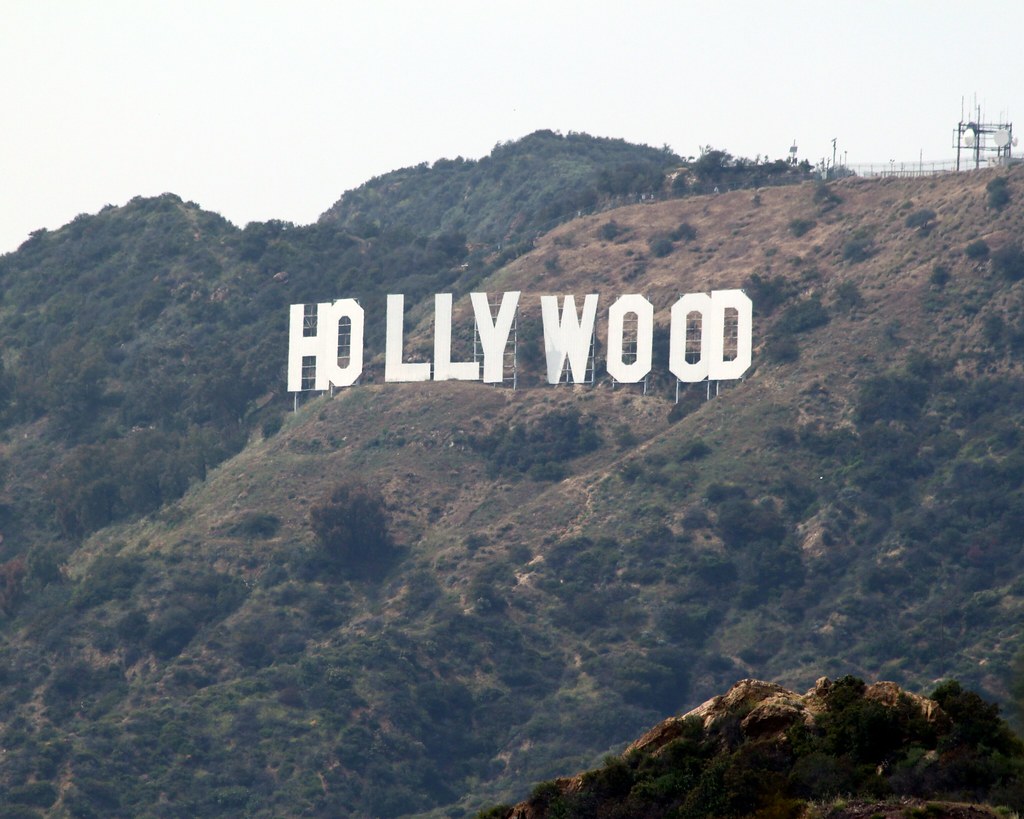
The landscape of American film and television has lost a familiar and beloved presence with the passing of Edward Faulkner, a character actor whose extensive career spanned decades and encompassed notable collaborations with some of Hollywood’s most iconic figures, including John Wayne and Elvis Presley. Faulkner died on August 26, 2025, at the age of 93, from natural causes at a health care facility in Vista, California, as confirmed by his daughter Leslie Wadsworth to The Hollywood Reporter. His death marks the close of a long and impactful life dedicated to the craft of acting, leaving behind a substantial body of work that resonated with audiences across various genres and platforms.
Faulkner, instantly recognizable for his tall stature at 6-foot-3 and his amiable demeanor, built a career distinguished by both its longevity and its quiet versatility. While often cast in supporting roles, his presence was consistently memorable, lending depth and authenticity to numerous productions. His professional journey, which began in the late 1950s, saw him navigate the changing tides of the entertainment industry, from the golden age of television Westerns to significant motion picture roles, often under the guidance of key directorial talents.
This in-depth exploration will illuminate the multifaceted career of Edward Faulkner, tracing his path from his Kentucky origins to his indelible mark on Hollywood. We will examine the pivotal moments and relationships that shaped his professional trajectory, celebrate his memorable performances, and reflect on the personal qualities that endeared him to colleagues and family alike, cementing his legacy as a man defined by both his extensive body of work and his genuine warmth.
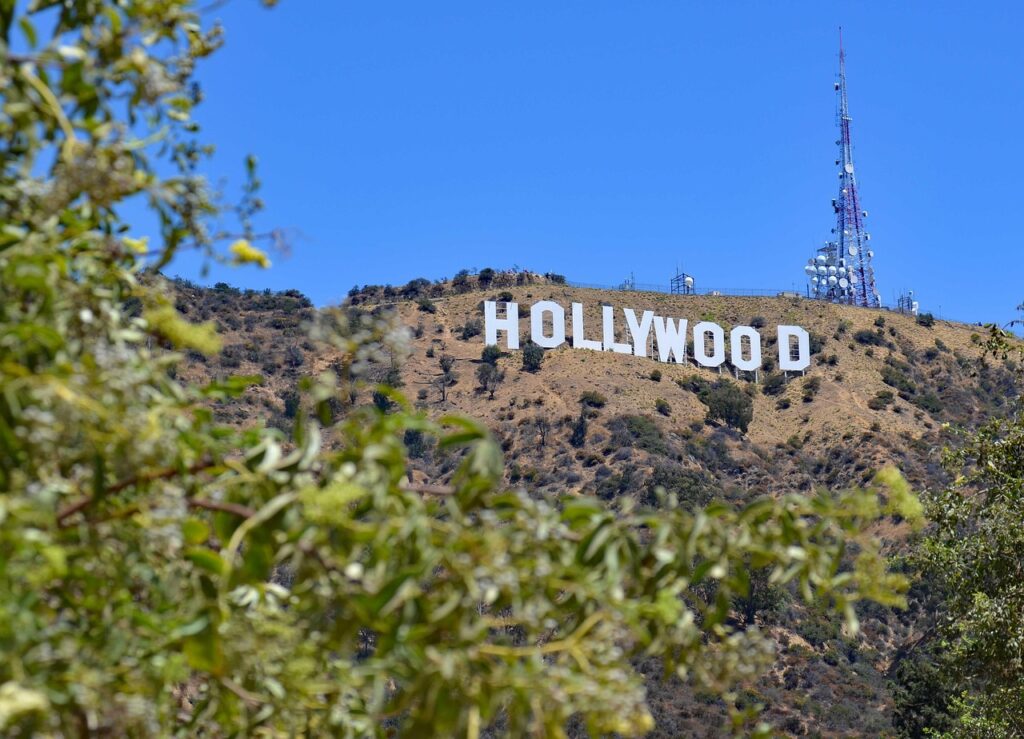
1. **The End of an Era: Edward Faulkner’s Passing at 93
Edward Faulkner, a name synonymous with dependable character acting, concluded his long and distinguished life on August 26, 2025. He was 93 years old, a testament to a life lived fully and purposefully, much of it spent in the demanding and rewarding world of film and television. His passing occurred peacefully due to natural causes, surrounded by the quietude of a health care facility in Vista, California, a detail shared by his daughter, Leslie Wadsworth, with The Hollywood Reporter.
News of his death prompted a wave of remembrance from colleagues, critics, and admirers, all reflecting on the consistent quality and understated power he brought to his roles. His departure signifies the loss of a tangible link to several significant periods in Hollywood history, particularly the era of the classic Western and the burgeoning television landscape of the mid-20th century. Faulkner’s career, marked by its extensive reach, resonated with a vast audience, who recognized his dependable presence.
Faulkner’s legacy is not merely defined by the length of his life or the breadth of his filmography, but by the quiet dignity and professionalism he maintained throughout. Tributes poured in from various sources, underscoring the deep respect and affection held for him within the industry and by those who cherished his work. He was remembered not just as a talented actor, but as an individual whose personal qualities shone brightly, even amidst the demanding nature of his profession, enriching the lives of those around him.

2. Roots in Kentucky: Early Life and Performance Inclinations
Fielden Edward Faulkner II began his remarkable journey on a unique date: February 29, 1932, a Leap Day, in Lexington, Kentucky. He was the younger of two children, born into a family with no direct ties to the burgeoning film and television industry. His father managed a building supply company, providing a grounded upbringing, while his mother, Ferie June, nurtured a love for the arts as a music teacher. This early exposure to music and a stable family environment laid a foundation for his later pursuits.
From a young age, Faulkner exhibited a natural inclination towards performance and artistic expression. While still attending Henry Clay High School, he partnered with a friend to form a comedy song-and-dance act. This early foray into entertainment, highlighted by their high school play “Faulkner & Seeley—The Sunshine Twins,” allowed him to explore the dynamics of stage presence and comedic timing, achieving a local measure of success with performances at various high school events.
His educational path further nurtured his dramatic talents. Faulkner pursued higher education, attending both the University of Virginia and the University of Kentucky. During his college years, he actively participated in theatrical productions, honing his craft and immersing himself in the world of acting. A notable collegiate performance included starring alongside his high-school sweetheart and future wife, Barbara, in Thornton Wilder’s classic play, *Our Town*, an experience that underscored his burgeoning passion for the stage.

3. From the Cockpit to the Casting Call: Military Service and Hollywood Ambitions
Following his graduation from the University of Kentucky in 1954, Edward Faulkner embarked on a distinct chapter of his life, one that momentarily diverged from his artistic pursuits. He answered the call of duty, serving for two years as a fighter pilot with the U.S. Air Force. This period of military service undoubtedly instilled in him a discipline and resilience that would later prove invaluable in the competitive landscape of Hollywood.
Upon completing his tenure in the Air Force, Faulkner made a decisive move that signaled a firm commitment to his acting aspirations. In 1958, he relocated to Los Angeles, the epicenter of the American entertainment industry, ready to pursue his dream. This transition from the structured environment of military aviation to the unpredictable world of acting demonstrated a profound conviction in his artistic calling, despite lacking immediate connections within Hollywood.
His arrival in Los Angeles marked the beginning of his earnest efforts to break into professional acting. Without an established network, the path was challenging, requiring persistence and an unwavering belief in his abilities. This bold step set the stage for a career that would soon blossom through a series of serendipitous introductions and a willingness to embrace opportunities, however modest they initially appeared.

4. A Fortuitous Meeting: Andrew V. McLaglen and Faulkner’s Big Break
Edward Faulkner’s journey into the professional acting world received a crucial impetus through a serendipitous connection with director Andrew V. McLaglen. Shortly after arriving in Los Angeles in 1958, Faulkner was introduced to McLaglen, who at the time was a staff director at CBS. This meeting proved to be a pivotal moment, effectively launching Faulkner’s career with immediate and tangible opportunities in television.
McLaglen quickly recognized Faulkner’s potential, casting him in an episode of the popular Western series *Have Gun — Will Travel*. This initial engagement was not merely a one-off role; it developed into a recurring presence for Faulkner, who appeared in 13 episodes of the series between 1958 and 1962, often playing various characters. This early exposure provided him with invaluable on-set experience and visibility, securing him the going day rate of $80, a significant start for an aspiring actor.
The professional relationship between Faulkner and McLaglen blossomed into a long-standing collaboration, with McLaglen becoming a key figure in Faulkner’s career trajectory. Beyond *Have Gun — Will Travel*, McLaglen directed Faulkner in numerous other television productions, including *Gunsmoke*, *Rawhide*, *Everglades!*, *Wagon Train*, and *The Lieutenant*. Their partnership extended to feature films as well, with McLaglen casting Faulkner in movies such as *The Little Shepherd of Kingdom Come* (1961), *Shenandoah* (1965), *The Ballad of Josie* (1967), and *Something Big* (1971), establishing a consistent working dynamic that spanned more than a decade and shaped much of Faulkner’s early filmography.
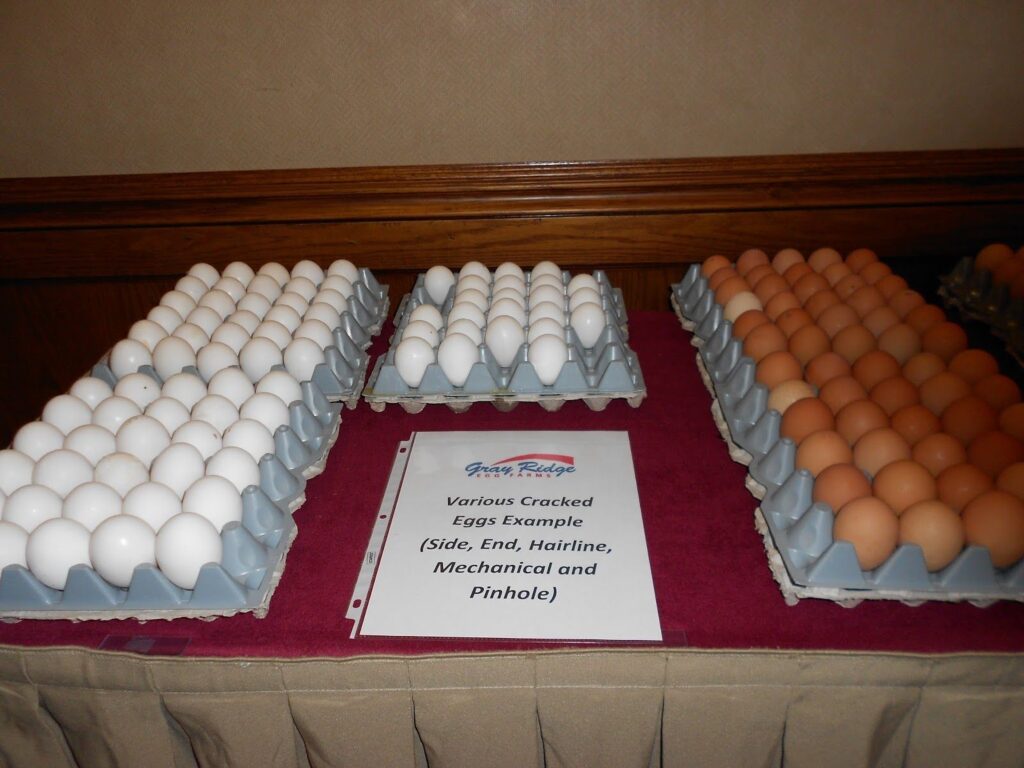
5. The Duke’s Trusted Ally: Edward Faulkner’s Extensive Work with John Wayn
One of the most defining aspects of Edward Faulkner’s cinematic career was his recurring presence alongside the legendary John Wayne. Over the years, Faulkner became a familiar face in Wayne’s films, often cast in roles that showcased his reliable and capable screen persona. This extensive collaboration spanned six motion pictures, solidifying Faulkner’s reputation as a dependable supporting actor in major Hollywood productions, particularly Westerns.
Their work together commenced with *McLintock!* in 1963, a classic Western that provided Faulkner with an early opportunity to share the screen with The Duke. This initial partnership proved fruitful, leading to a series of subsequent roles. He appeared with Wayne in *The Green Berets* (1968), a significant war film, followed by *Hellfighters* (1968), a drama about oil well firefighters. The collaboration continued with *The Undefeated* (1969), *Rio Lobo* (1970), and *Chisum* (1970), establishing Faulkner as a consistent presence in Wayne’s later filmography.
It is notable that a substantial portion of these collaborations were also under the direction of Andrew V. McLaglen, who helmed all but two of Faulkner’s films with John Wayne. This continuity in direction underscores the trust and working relationship among the trio. Faulkner’s ability to seamlessly integrate into Wayne’s cinematic universe, often portraying roles that complemented Wayne’s lead, highlights his versatility and the strong rapport he developed with both the director and the iconic star. His presence added a layer of familiarity and authenticity to these widely popular films, contributing to their enduring appeal.

6. Beyond the Set: Personal Connections and Anecdotes with John Wayne
Edward Faulkner’s professional association with John Wayne extended beyond mere on-screen appearances, evolving into a genuine camaraderie marked by shared personal moments and humorous anecdotes. Their relationship was not confined to the set, revealing a deeper connection built on mutual respect and a shared enjoyment of life’s simpler pleasures. These off-screen interactions offer a unique glimpse into the personalities of these Hollywood figures.
One particularly charming anecdote involves their shared love for chess. Faulkner recounted playing hundreds of games with Wayne, humorously admitting, “I occasionally let him win.” This competitive yet friendly ritual was so ingrained that it once famously held up a flight. The plane’s captain, aware of their ongoing game, was reluctant to interrupt their intense match, allowing it to continue even as the aircraft idled at the gate, a testament to their dedication to the game and the unique status they held.
Another heartwarming story illustrates Wayne’s affectionate nature and his regard for Faulkner’s family. During the filming of *The Undefeated* in Mexico, Wayne spotted Faulkner’s three daughters — Jan, Barbara, and Leslie — observing from the sidelines. With a spontaneous gesture, he reportedly “yelled for wardrobe and put the young girls in the movie,” providing them with an unforgettable experience and a cherished family memory. These moments illuminate a personal bond that enriched their professional collaboration and created lasting memories for Faulkner and his loved ones. Furthermore, when Faulkner learned about *The Green Berets*, he proactively reached out to Wayne, suggesting a change of costume with a note: “Like yourself, I’ve worn a Stetson long enough. Perhaps a change of hats, maybe a beret.” Within a week, he was cast as Capt. MacDaniel, demonstrating his proactive nature and their easy communication.

7. Sharing the Screen with the King: Edward Faulkner’s Appearances with Elvis Presley
Edward Faulkner’s entry into the world of feature films was notably marked by his collaboration with the iconic Elvis Presley, a testament to the diverse range of projects he undertook early in his career. His big-screen debut arrived with an uncredited role in the 1960 musical comedy *G.I. Blues*, a film that placed him alongside one of the era’s most electrifying stars. This initial foray into cinema set a precedent for his ability to seamlessly integrate into various genres, even outside the Westerns he would become widely known for. His participation in such a high-profile production, even in a minor capacity, served as an invaluable stepping stone.
Five years later, Faulkner re-teamed with Presley for the 1965 musical comedy *Tickle Me*. In this film, he took on the more substantial role of fitness instructor Brad Bentley, showcasing his athletic physique and amiable screen presence. These two appearances with Elvis Presley, though relatively early in his filmography, connected Faulkner to a different facet of Hollywood’s golden age, further diversifying his burgeoning resume and demonstrating his adaptability as a character actor. They provided a unique opportunity to work alongside another iconic figure of American entertainment, distinct from his Western co-stars.
His work on these Presley features highlighted an often-overlooked aspect of Faulkner’s career: his capacity to contribute effectively to lighter, more entertainment-driven productions. While his rugged looks often lent themselves to dramatic or adversarial roles, his performances in *G.I. Blues* and *Tickle Me* illustrated his ability to navigate comedic and musical settings, providing reliable support to leading stars from across the entertainment spectrum. These films remain notable touchstones in his varied professional journey.
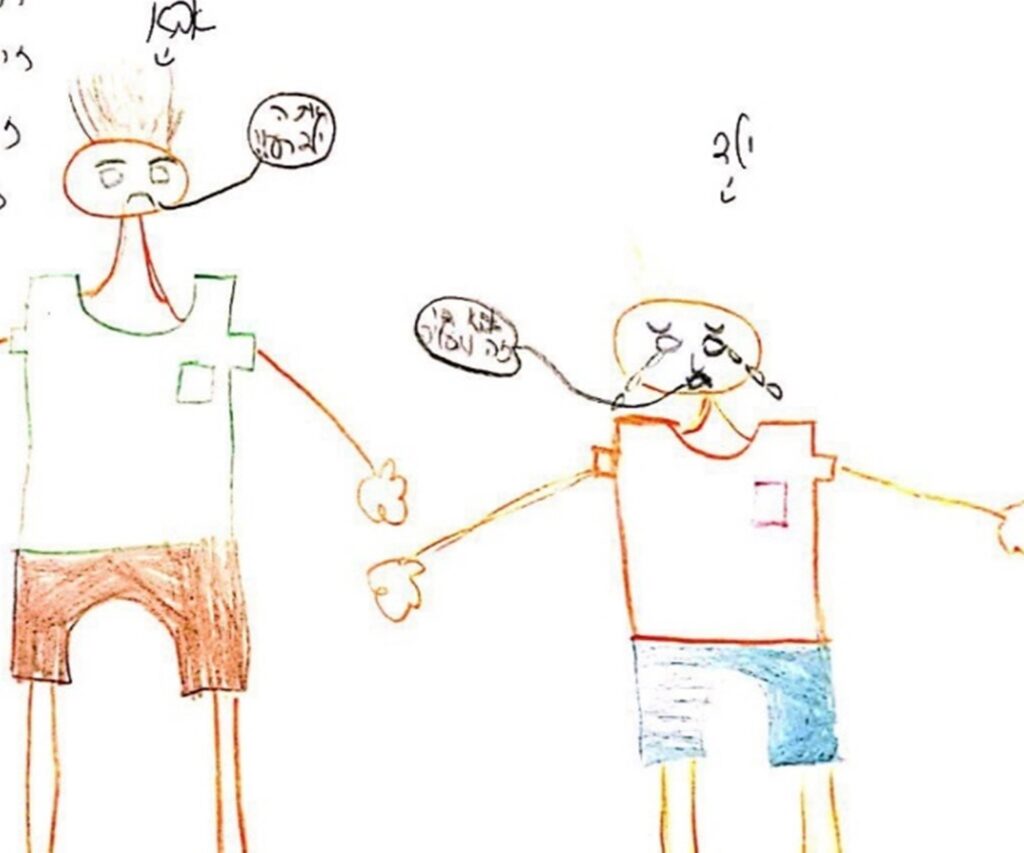
8. A Fixture of the Frontier: Iconic Roles in Television Westerns
Edward Faulkner’s imposing stature and innate horsemanship made him a quintessential presence in the television Westerns that dominated the airwaves during the mid-20th century. His ability to convincingly portray a variety of frontier figures ensured his recurring presence across many of the genre’s most beloved series. These roles not only showcased his physical talents but also solidified his reputation as a reliable and versatile actor within this iconic American narrative landscape, making him a household name for fans of the genre.
Among his most extensive engagements was on *Have Gun — Will Travel*, where he appeared in a remarkable 13 episodes between 1958 and 1962, often embodying different characters within the series’ evolving storylines. His presence was similarly felt on *Gunsmoke*, one of television’s longest-running Westerns, where he contributed to six episodes from 1959 to 1972, adapting to the show’s enduring appeal over more than a decade. These extended commitments underscore the industry’s trust in his capabilities and his consistent ability to deliver compelling performances, regardless of the role’s size.
Faulkner’s deep connection to the Western genre continued with significant stints on other popular programs, including seven episodes of *Rawhide* from 1959 to 1964, further demonstrating his range in various frontier settings. He also made notable appearances on *Bonanza*, participating in three episodes between 1961 and 1966, and held a substantial recurring role on *The Virginian*, appearing in 11 episodes from 1963 to 1970. His consistent work across these seminal series ensured he remained a familiar and welcome face to millions of viewers who tuned in weekly for their dose of Old West drama.

9. Versatility on the Small Screen and Beyond: Diverse Television and Film Credits
While Edward Faulkner became indelibly associated with the Western genre, his career was far from confined to the dusty trails and saloon brawls of the Old West. His extensive filmography reveals a remarkable versatility, encompassing a wide array of television dramas, comedies, and motion pictures across different decades. This breadth of work allowed him to explore diverse character types and engage with varying narrative structures, cementing his reputation as a highly adaptable character actor. It also underscored his passion for the craft, as he embraced opportunities across the cinematic spectrum.
His television credits alone paint a picture of an actor constantly at work, moving fluidly between genres and formats. Faulkner lent his talents to crime dramas like *Dragnet*, *Cannon*, and *Adam-12*, where his stoic presence often added gravitas to police procedurals. He explored comedic avenues on shows such as *Gilligan’s Island* and offered compelling performances in action-adventure series like *The Fugitive*, *It Takes a Thief*, and *The Six Million Dollar Man*. This expansive list demonstrates his capacity to remain relevant and employed across the ever-changing landscape of network television, a testament to his enduring appeal and professional fortitude.
Beyond his prolific television work, Faulkner also built a notable film career outside of his collaborations with John Wayne and Elvis Presley. He appeared in comedies such as *How to Murder Your Wife* (1965) and *Nobody’s Perfect* (1968), showcasing his lighter side. His filmography also included more unconventional fare like *The Navy vs. the Night Monsters* (1966), and dramas like *The Man* (1972). These varied cinematic roles further illustrate his commitment to his craft and his readiness to embrace a wide spectrum of projects, culminating in his final on-screen appearance in the 2014 TV movie *It’s a Merry Christmas When Pigs Fly*.

10. The Enduring “Bad Guy” Trope: Faulkner’s On-Screen Persona
Edward Faulkner cultivated a distinctive on-screen persona throughout his career, often embracing roles that placed him squarely in the antagonist’s camp. He candidly acknowledged this recurring typecasting in a 2019 interview, humorously stating, “Onscreen, I never won a fight … I was always the bad guy.” This self-aware observation highlights a defining characteristic of his cinematic presence, where his imposing physical attributes and rugged appearance frequently lent themselves to characters designed to challenge the protagonist. It was a role he played with consistent conviction and understated intensity.
Despite his real-life reputation for amiability and warmth, Faulkner possessed a remarkable ability to embody villains, henchmen, or simply men who found themselves on the wrong side of the law. This capacity to convincingly portray less-than-heroic figures, often without resorting to overt melodrama, contributed to the authenticity of the productions he graced. His performances as the “bad guy” were typically grounded, making his characters feel like genuine obstacles within the narrative, rather than one-dimensional caricatures.
This enduring trope of the perpetual on-screen antagonist, though perhaps limiting in some respects, ironically made Faulkner an instantly recognizable face for audiences. His consistent portrayal of these roles, especially within the vast landscape of Westerns and crime dramas, established a clear identity for his work. It became a subtle yet powerful signature of his career, demonstrating his proficiency in a niche that, while often unglamorous, was absolutely essential to the dramatic tension and resolution of countless stories. His presence added a layer of gritty realism that audiences came to expect and appreciate.

11. A Life of Many Chapters: Entrepreneurship and the Love of Magic
Edward Faulkner’s life was characterized by a rich tapestry of experiences that extended far beyond the confines of a film or television set. In 1976, he made a significant decision to step away from acting, embarking on a new professional chapter that lasted for over a decade. This period saw him delve into the world of entrepreneurship, demonstrating a keen business acumen that stood in stark contrast to his on-screen profession. It showcased a different side of his talents, one focused on strategic planning and operational management.
During his hiatus from Hollywood, Faulkner applied his considerable drive to the marine transportation industry, working for a company specializing in the leasing of cargo containers. This venture into a completely different field showcased his adaptability and willingness to explore new challenges. Concurrently, he also became involved in the hospitality sector, owning and operating hotels around the world, a testament to his expansive interests and his capacity for diverse business undertakings.
Away from both the glare of the cameras and the demands of business, Faulkner nurtured a lifelong passion that brought him immense joy: the art of magic. His family fondly recalled that he “never lost his boyhood love of magic,” and throughout his life, he delighted friends and family with intricate sleight-of-hand tricks and captivating illusions. This fascination with magic began at the tender age of 11, transforming into a cherished hobby that allowed him to entertain and connect with others on a deeply personal level, adding a whimsical and charming dimension to his otherwise disciplined life.
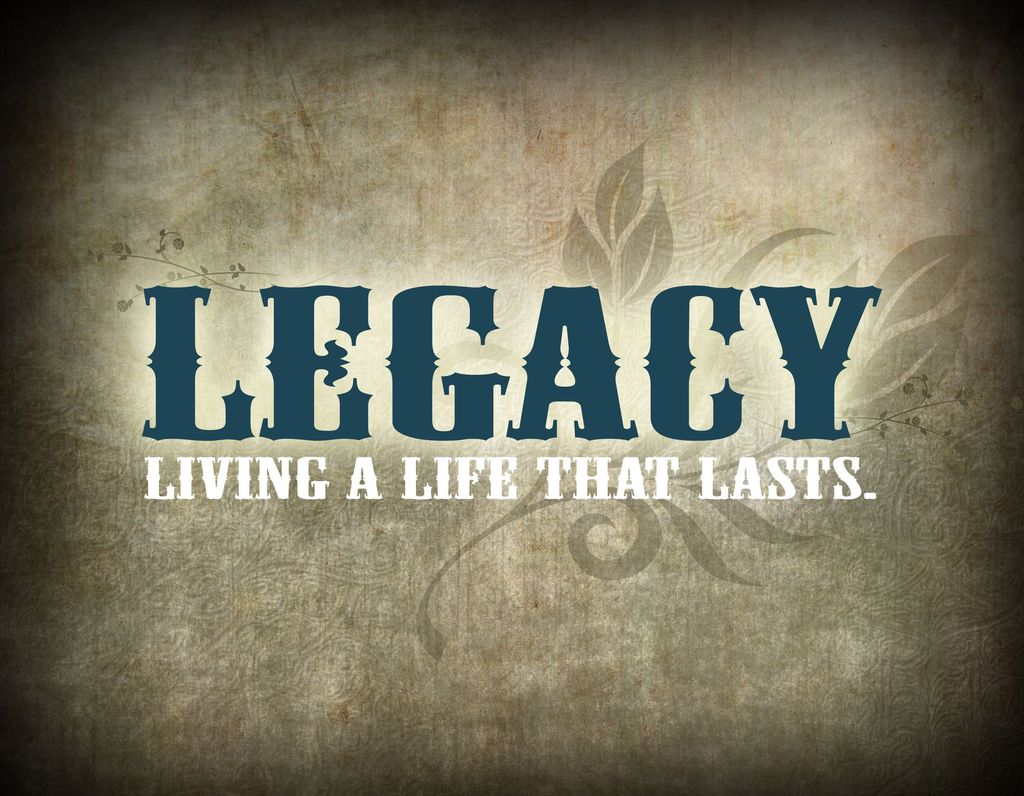
12. A Legacy of Warmth and Family: Tributes to Edward Faulkner’s Character
Beyond his extensive and recognizable body of work, Edward Faulkner leaves behind a profound legacy characterized by his genuine warmth, kindness, and unwavering dedication to his family. Tributes from both his loved ones and professional colleagues consistently underscored these personal attributes, emphasizing that his character was as significant and enduring as his contributions to film and television. His departure, while marking the end of a long life, serves as a poignant reminder of the man he was off-screen.
Faulkner’s family was central to his life, and he is survived by his son, Edward III, and his daughters, Jan, Barbara, and Leslie. He also leaves behind five cherished grandchildren: Tyler, Wyatt, Steven, Olivia, and Brooke, all of whom remember him with deep affection. His enduring partnership with his high school sweetheart, Barbara, who passed away in May 2013 after nearly 60 years of marriage, speaks volumes about his steadfast nature and his capacity for profound love, a relationship that began with shared performances in collegiate plays.
The outpouring of remembrances highlighted the disparity between his on-screen persona and his true nature. James L. Neibaur, a commentator who interviewed Faulkner for projects on Elvis Presley and John Wayne, reflected on this, stating, “Ed usually played a bad guy, but he was a super nice guy.” This sentiment was echoed by his family, who noted that “Colleagues and loved ones alike remembered him for his kindness and genuine warmth — qualities that defined him as much as his body of work.” These heartfelt testimonials paint a picture of an individual whose amiable demeanor and personal integrity left an indelible mark on everyone he encountered, both within and outside the demanding world of Hollywood.
His personal qualities, including his generosity, charm, and kindness, were consistently highlighted in various reports following his passing. These traits not only endeared him to those in his immediate circle but also resonated with many within the demanding Hollywood environment. Faulkner’s ability to maintain his authentic, kind self throughout a long career, often navigating the complexities of fame and typecasting, is a testament to the strength of his character and the genuine spirit he brought to every interaction. He truly was as beloved off-screen as he was memorable on it.
Edward Faulkner’s journey from a Kentucky Leap Day birth to a distinguished career in Hollywood, culminating in his peaceful passing at 93, paints the portrait of a man who lived a life rich in experiences, achievements, and profound personal connections. He was an actor whose dependable presence enriched countless films and television shows, providing memorable support to legends like John Wayne and Elvis Presley, and becoming a beloved fixture of the American Western. Yet, his legacy extends beyond the bright lights of the screen; it resides equally in the stories of his kindness, his enduring love for family, his quiet entrepreneurial spirit, and his charming magic tricks. As the curtain falls on a remarkable life, Edward Faulkner is remembered not only for the characters he brought to life but for the genuine warmth and integrity of the man himself, a true testament to a life well-lived and a spirit deeply cherished.

